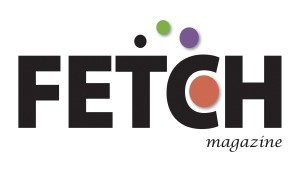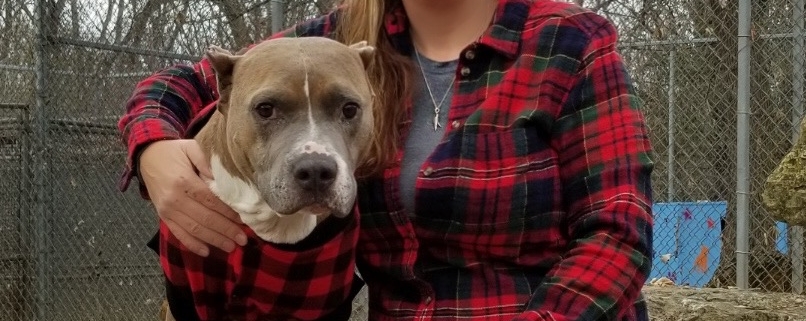BY MICHELLE SEROCKI, FREELANCER
What a strange time we’re living in. Imagine how strange your pets must think it is too. They feel your unsettled energy. If their routine has been upended, they’re likely feeling unsettled too. It’s been a long end to winter with even more isolation than our Wisconsin hibernation typically includes. Spring brings new hope with rising temperatures, buds sprouting and the pandemic on the decline. Experts say that fresh air is crucial to sustain good mental health, and this applies to our dogs as well. But with people flocking to limited public outdoor outlets, it can seem like there’s nowhere safe to go with your favorite Fido.
Pit Bull Advocates of America (PBAOA) has Southeastern Wisconsin’s only private dog park open year-round. In exchange for a modest donation, the Dog Days program allows pet parents the opportunity to reserve over an acre of fenced-in yard space for their dog to play, explore and relax in a completely private and safe environment. All dogs benefit from a change in scenery, new smells and fun exploration. Relax and bond with your dog, play fetch, work on training or tackle the agility course. Watch your dog light up and be free at the Rescue Retreat.
When the Rescue Retreat became a reality for PBAOA in 2016, they had no idea it held so many unknown possibilities. The nonprofit was ultra-focused on programs they were already running and excited to have the new location to expand in. As volunteers sat in the breathtaking and secure space watching their rescue dogs run freely, explore vigorously and relax effortlessly, the concept of Dog Days was born. A vision for dogs that had nowhere to freely and safely explore the world… until now. A vision of dog play dates and parties. A vision of dogs doing what they should be free to do best. Just. Be. Dogs.
There are no unknown humans or animals to be concerned with during your scheduled play time. It’s your choice if anyone joins you and who those people and/or pets will be. The folks at the Rescue Retreat have a special spot in their hearts for reactive rovers, and Dog Days is an ideal offering for animals that can’t be around other dogs and/or people. No judgement. No scrutiny. All 30-minute play times must be scheduled. No walk-ins will be accommodated. All breeds are always welcome.
Your private play session will not involve any unfamiliar dogs or people. There are no volunteers present. You will need to monitor your own scheduled play time. This means you must arrive and leave on time. Others are relying on you to make this safe for their dogs.
Scheduled play time is always in 30-minute increments. If you arrive 15 minutes late for a 30-minute play session, you cannot stay an extra 15 minutes. Play sessions are scheduled and are often booked up. Please be on time, and be kind to others using this service for their dogs by leaving at your scheduled end time.
If you arrive early and there’s still another dog playing, you must stay in your car with your dog until they exit the yard and are back in their car. As mentioned, many of the dogs that have used the private park for years do so because they can’t be around other dogs and/or humans. It’s so important that players are respectful of other players limitations and challenges.
During the pandemic, the folks at the Rescue Retreat have taken extra precautions to remain open while not contributing to the spread of COVID-19. We have hand sanitizer at the gate and Clorox wipes onsite. We encourage all players to wash their hands as soon as possible once they’ve left.
Treat yourself and your dog to some safe, socially distant outside time at the Rescue Retreat. You can find more information on the Dog Days program as well as the schedule on the PBAOA website: https://pitbulladvocates.org/owner-support/dog-days/
(column)




